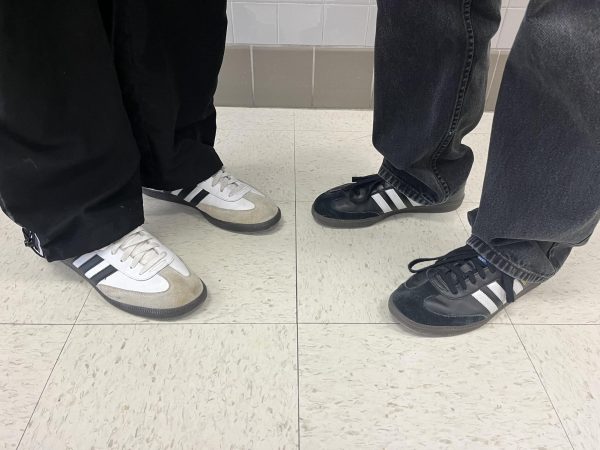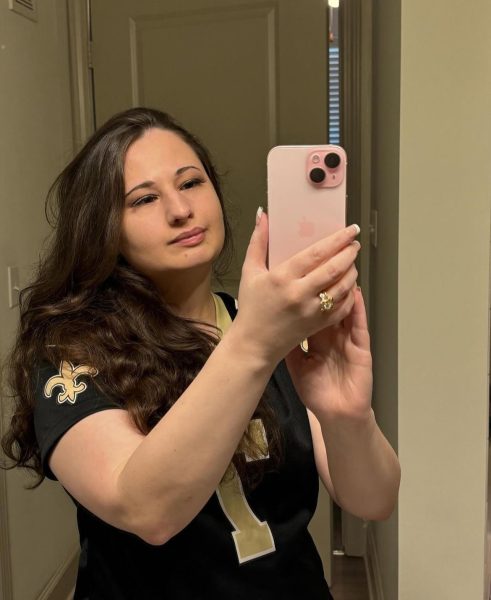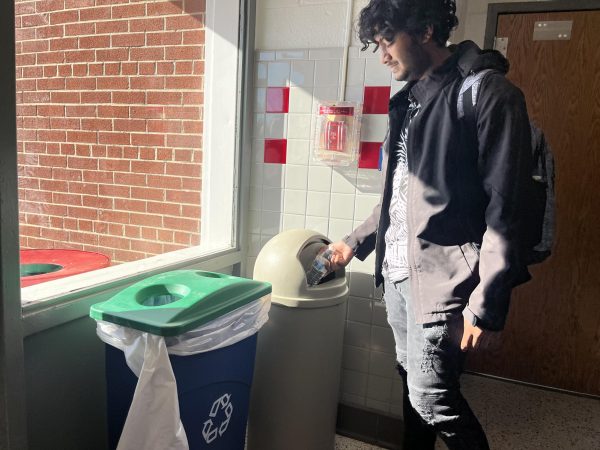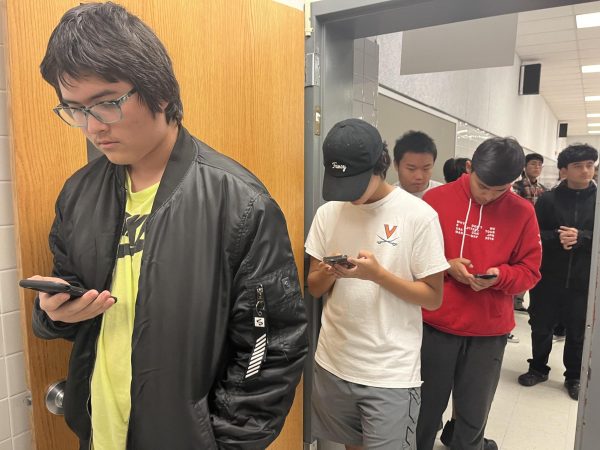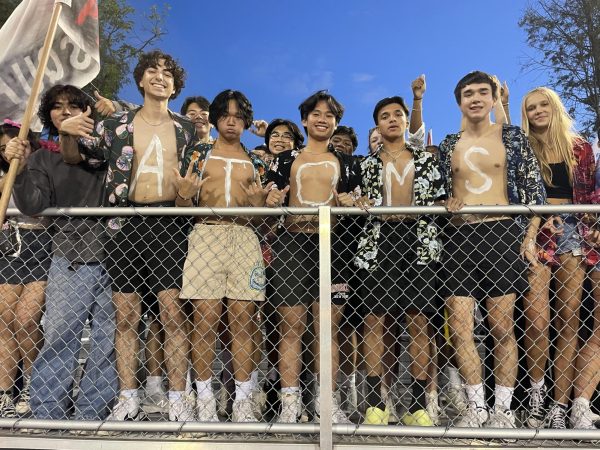Makeup brands need to be more inclusive
Cosmetics companies need to include a wider shade range for foundation
There are many issues in the beauty industry. Underweight models, sexism, and unrealistic standards are just a few.
But there is a specific one that seems to persist. Most companies do not offer products that can be used by people with darker skin tones.
Most recently, Tarte Cosmetics came under fire after pictures of models swatching (or trying out) the company’s Shape Tape Foundation was released.
The picture featured two models with fair skin and one with dark skin.
While there were shades of the foundation that matched the lighter models, even the darkest shade did not match the skin of the darker model.
Not only that, but of the 15 shades available, it seemed like only 3 were in the shade range of people with dark skin,
Tarte’s blunder is only the latest example of colorism in the make up world.
In January, It Cosmetics released a new foundation line which came in 50 different shades.
The problem? Only a handful were fit for darker skin tones.
There might be new techniques and products coming out everyday, but make up companies are making it difficult for people with skin that isn’t fair to try make up out.
“As a woman of color, buying make up products is a long process,” senior Deega Hilowle said.
In fact, some people have to buy two shades of the same product, so that they can mix them and create the right shade.
“It isn’t fair because where most people only need to buy a $40 shade at once, I have to buy two shades at $80 just because my skin is darker,” Janneh said.
In the past, many companies have used the excuse that not many people would buy darker shades if they were available.
If that is true, then how come Rihanna’s Fenty Beauty Pro Filt’r Foundation, which has 40 diverse shades, was flying off the shelves when it was released?
“When Rihanna’s foundation came out, the darker shades were being bought at high rates, so obviously that point is faulty,” Hilowle said.
Thankfully, this generation of make up users has put a lot of pressure on the industry to expand options for people with darker skin.
Nearly every company that has failed to create products suited for dark skin have been called out by YouTubers who review things for their fan base and ordinary users who are upset.
Companies such as Fenty Beauty and Make Up For Ever have also created a fierce competition, as they have shown that a diverse shade range will bring in money.
Hopefully, more make up companies will listen to the criticism and create more options for dark skinned people.
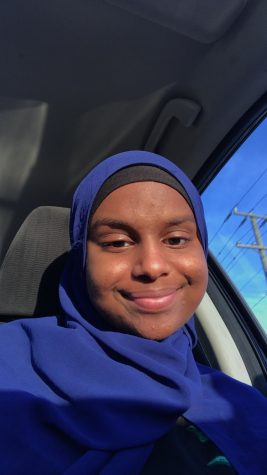
Senior Suad Mohamed is currently the Co-Editor in Chief and this is her fourth year on staff. Last year, she was the In-Depth Editor. Besides The A-Blast,...



